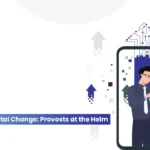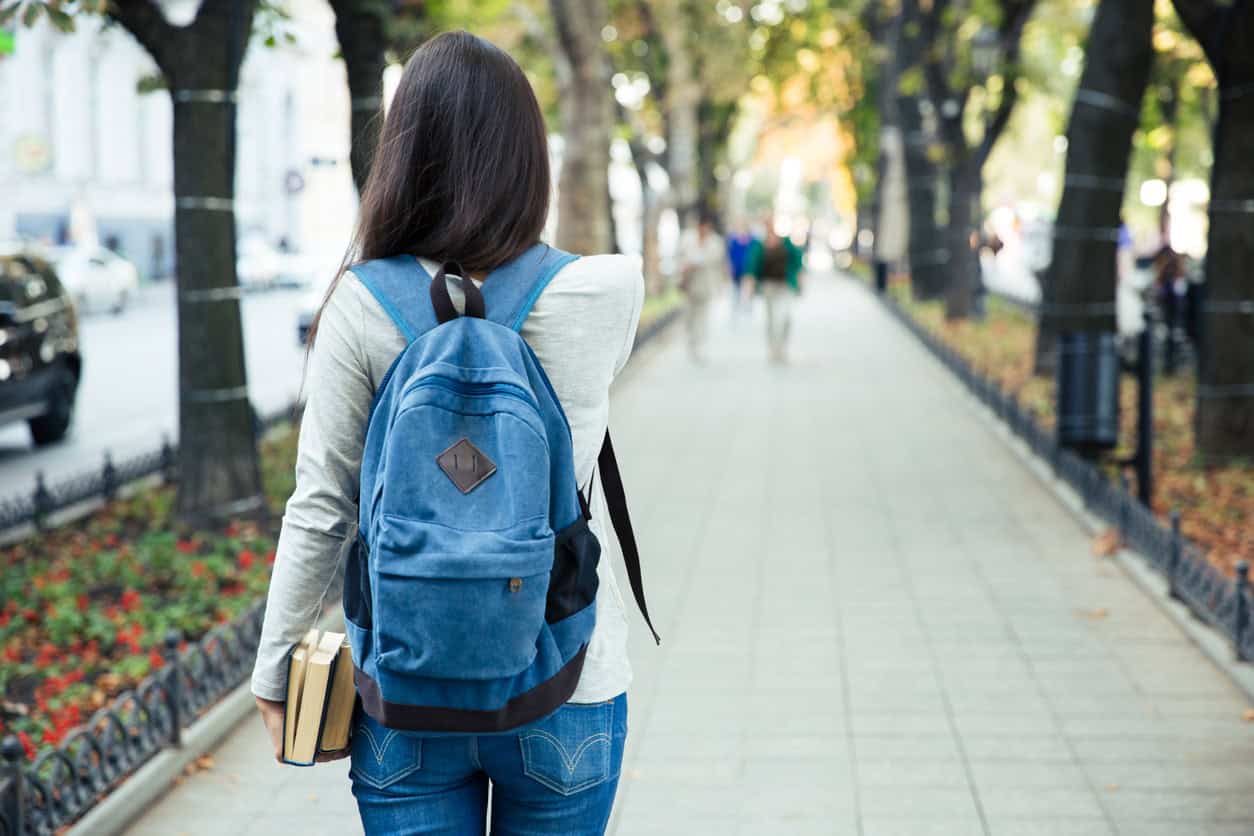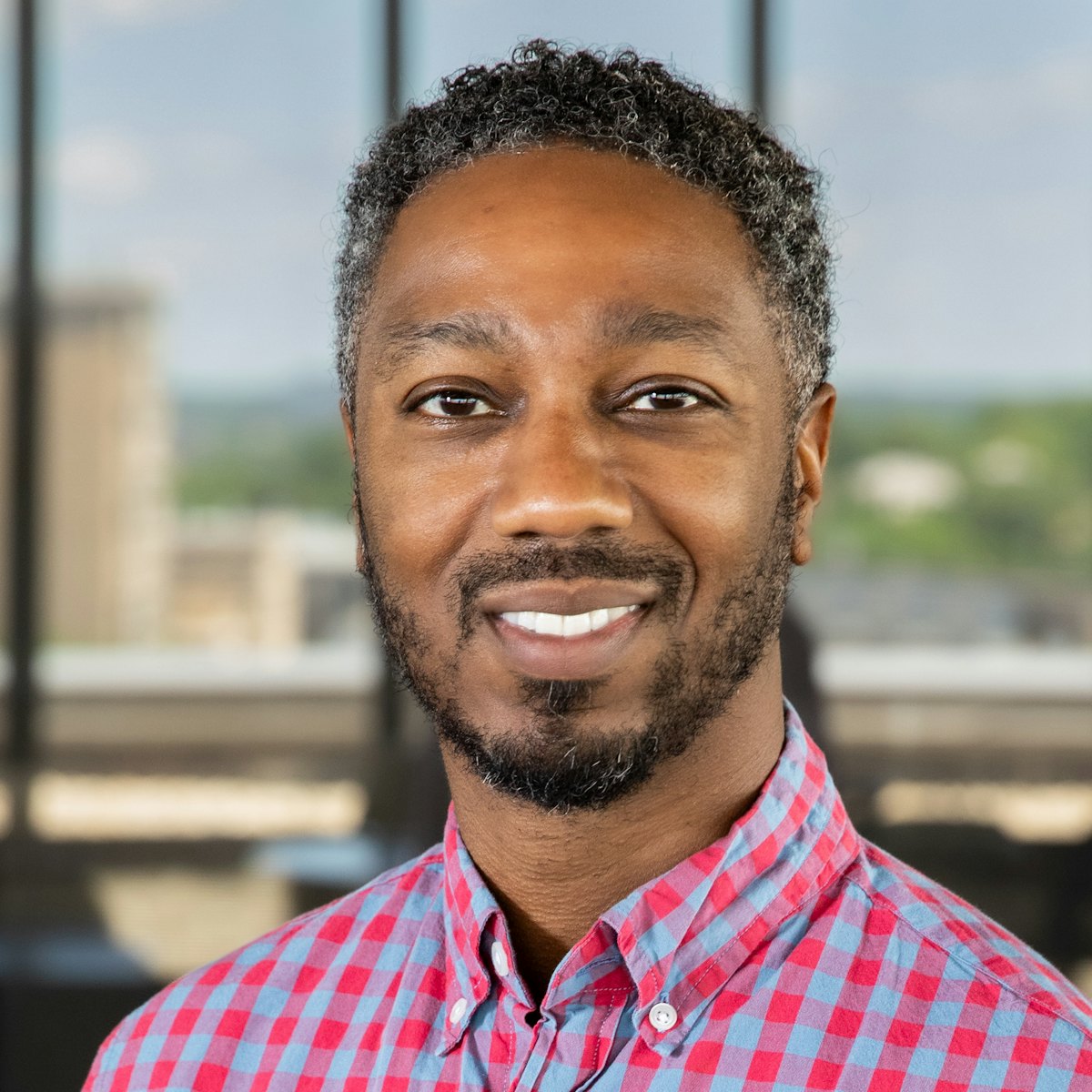New policy changes from the US immigration agency state that F-1 visa holders can only participate in study abroad programs shorter than five-months in order to maintain their student status in the country.
Previously, students were allowed to study abroad indefinitely as long as they remained enrolled at a US institution.
The changes, introduced in late August and effective immediately, have gone largely unnoticed across the sector.
“Many US campuses offer study abroad programs longer than five months. International students with these visas are now restricted from taking advantage of these wonderful opportunities,” Mike Magee, president of Minerva University, told The PIE News.
“We understand the US government was seeking to provide more – rather than less – clarity with this guidance. We genuinely believe that the impact on students was an unintended consequence,” Magee added.
The PIE has contacted the US government for clarity.
Stakeholders hope that the guidance could be reversed and have called for a grace period for students who are currently studying abroad to allow them time to adjust their plans to ensure they don’t lose their F-1 status.
The sudden nature of the changes will also impact students due to graduate this year who have planned their academic and professional trajectories based on previous guidelines, who now risk losing their F-1 status and related work opportunities.
Minerva University in San Fransisco has called for the reevaluation of the policy to consider the unique circumstances of international students and the need for flexibility in study abroad programs, aligning with the US’s commitment to fostering global educational partnerships.
We genuinely believe that the impact on students was an unintended consequence
Mike Magee, Minerva University
“We’ve asked for help from several current and former US Senators and members of Congress who believe in our nonprofit university’s attempts to expand global education, making it accessible to students from all backgrounds and countries,” said Magee.
At Minerva University, undergraduate students spend their first year in the US before moving onto global rotations to Asia, Europe and South America, returning to San Francisco during their fourth year to graduate.
Minerva’s unique pedagogical approach based on global immersion has seen it named the most innovative university in the world for three consecutive years by World University Rankings for Innovation (WURI), with growing interest in its international set-up, operating over several global cities.
Past and current rotation cities include Berlin, Buenos Aires, Hyderabad, London, San Francisco, Seoul, and Taipei, with plans to add Tokyo to the rotation in 2025.
However, students on F-1 visas will no longer be able to take part in full-length rotations, and the university has started flying 150 students back to the US from Europe to protect their student visas.
Under the new policy guidance, these students will have to stay in the US for a full academic year before going overseas to study again.
Beyond Minverva’s mission, the university has warned that the new policy will squeeze the talent pool of international leaders into the US, hindering global education partnerships and the diversity of international students in the US.
#restricts #study #visa #holders










